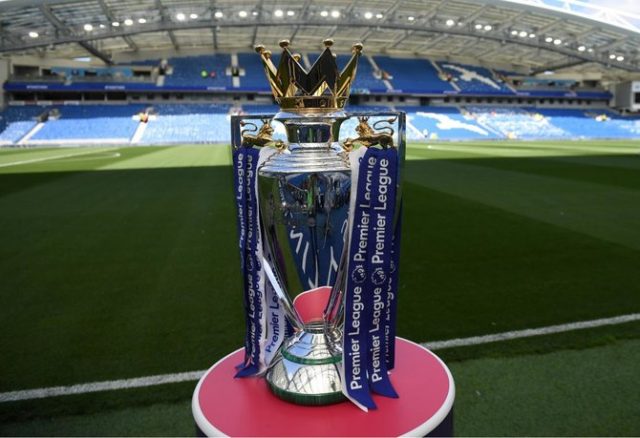
The English Premier League has introduced new regulations for the upcoming 2024/25 football season.
As the domestic league games begin on Friday, August 16, 2024, with an opening match between Manchester United and Fulham, there will be a significant difference in the rules guiding the games, a statement on the EPL website read on Thursday.
“There will be a difference this campaign in how match officials will be applying the rules of the game,” the statement partly read.
Subs warming up
The number of substitutes in a single match is five players which started in the previous season. During warm-up, only three substitute players from each team are allowed to warm up at the same time.
However, starting this coming season, “the number of substitutes allowed to warm up at the same time on the perimeter of the pitch during a match has gone up from three to five players per team.
“This is to correspond with the fact that teams are able to make five substitutions at any one time.”
Multiball
The statement on the website stated that the EPL “will practise the multiball system in 2024/25, with 15 balls in use to speed up the game.
“When the match ball goes out of play and is not quickly retrievable, players must go to the nearest cone to collect a replacement ball themselves to restart play.”
The statement warned that “ball assistants are not permitted to return a ball to a player but should return it to a vacant cone.”
However, starting this new season, an exception to the rule is that “the ball assistants positioned behind the goals at the end where the ball goes out are allowed to return a ball to the goalkeeper who will take the restart.”
The statement also added that the referee would send off a club’s technical area staff who deliberately delays the restart of play by holding on to the ball, kicking the ball away, etc.
Also, any players who do the same in the technical area will receive a yellow card.
More accurate calculation of added time
“From this season, when a goal is scored, match officials will only start adding time on to the end of the match when the delay between the goal and the subsequent kick-off exceeds 30 seconds. This will allow natural time for both teams to resume their restart positions after each goal.
“Given that there were 3.28 goals scored per match last season on average, this change may result in a significant drop in stoppage time this season,” the statement noted.
